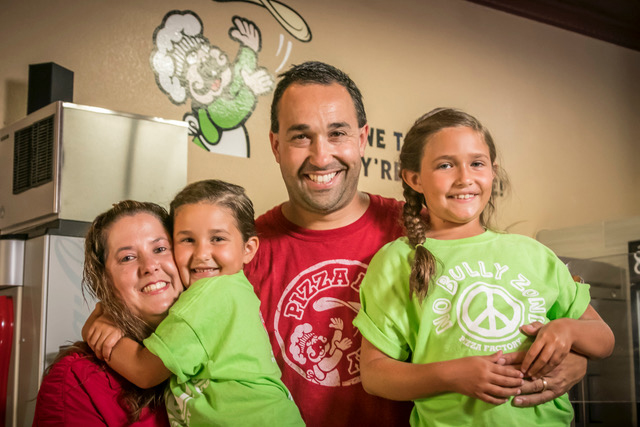Step 1: Discover
Find out if business ownership and the franchising model is the right path for you.
Franchise ownership is a great opportunity for anyone motivated with an entrepreneurial mindset. At the same time it’s not for everyone nor is every franchise going to be a good investment. We’re here to help you with each step of your journey – so, let’s start by taking our Personality Quiz to help determine if franchising might be a good match for you.
Pros & Cons of Franchising
Franchising offers many advantages for would-be business owners, but like anything, there are also some disadvantages that you should be aware of before buying a franchise business. Below are some of the PROS & CONS and you can read more about the advantages of franchising here.
Identify Your Strengths & Weaknesses
Franchise ownership is not always going to be the right choice for each individual. It is important that you dig deep into understanding your own strengths and weaknesses and how they might impact your success with owning a franchise.
Our Franchise Vision Plan template is a great tool to help you explore your personal and business goals and clarify your vision for business ownership.
Why Some People Buy Into a Franchise
Want to control your own destiny? Are you a risk taker and like to challenge yourself? Then maybe you are ready to take on small business ownership. Franchising offers tons of great opportunities for entrepreneurs like you. Whatever your motivation, here are a few good reasons for opening a small business.
- You can see the opportunity in a marketplace.
- You have the time, patience, and resources to invest.
- You enjoy taking on new challenges.
Need more motivation? Check out our article Is Small Business Ownership Right for Me?
Learning the Lingo
Like many industries, franchising has its own lingo and important terms you should become familiar with. Start learning the lingo below and under the EDUCATE step or you can read more about common franchise terms here.
Outside salesperson or firm paid for by the franchisor to find potential buyers
The time in the process where you are invited to the franchise corporate office to meet the team and learn more about the company
Franchisees, aka “Zees”, refers to the franchise business owners and what you would be called. Franchisors, aka “Zors”, refers to the franchise company that you are purchasing the business from
A critical measurement of the satisfaction of the franchise owners within a brand. FSI was created by Franchise Business Review in 2007 and is represented on a 100-point scale
If you purchase more than one franchise unit you would be a multi-unit franchisee
A designated area for a franchise unit, many franchisors provide an exclusive territorial agreement to prevent conflict between franchisees

